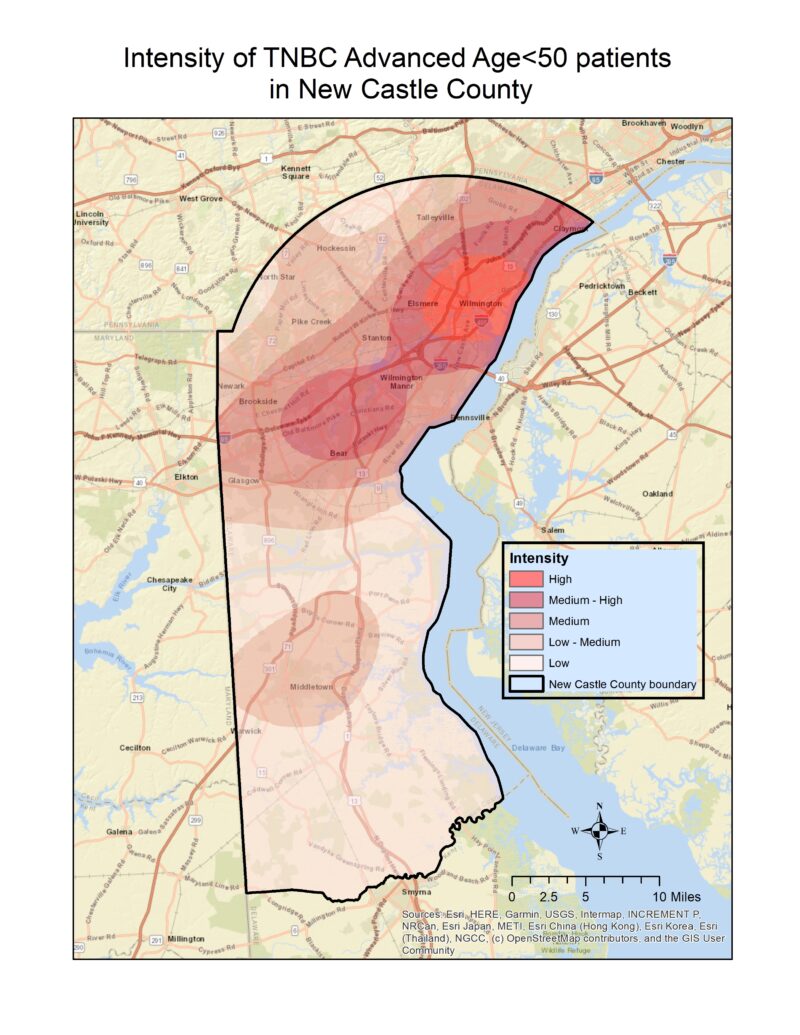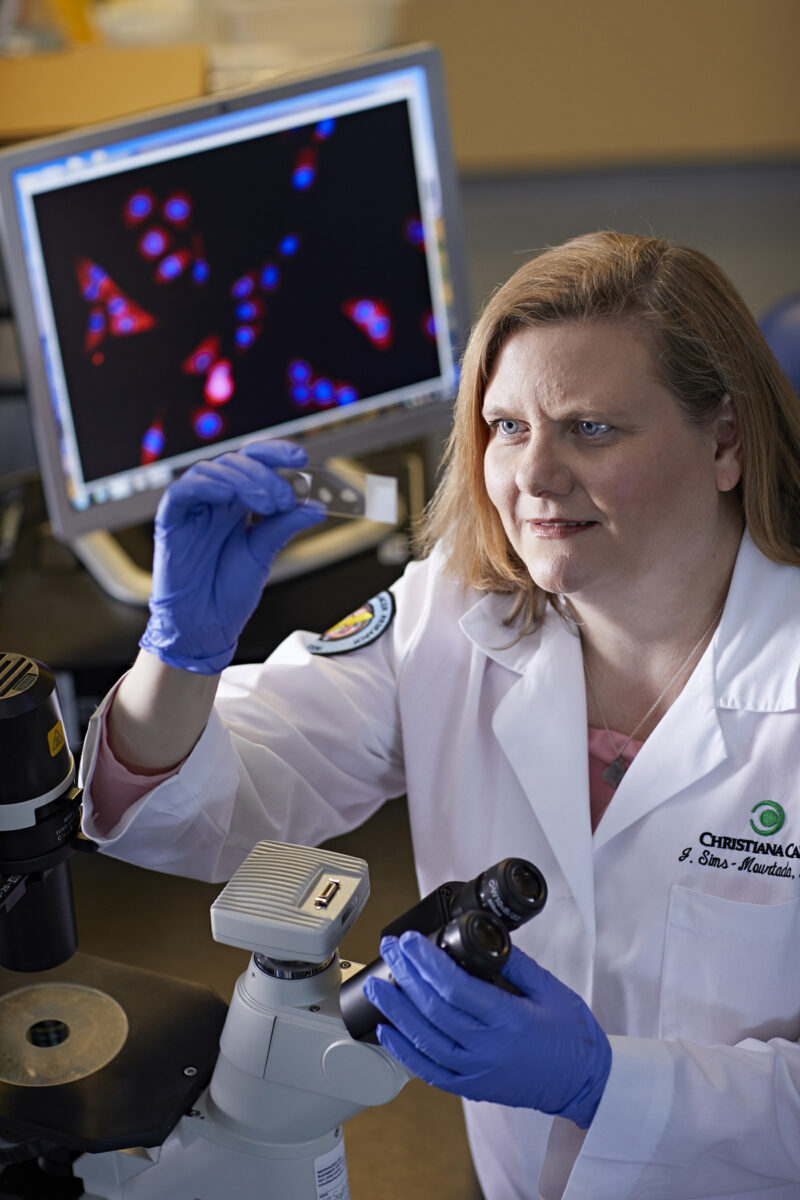ChristianaCare Seeks Community Partners to Reduce Racial Disparities in Breast Cancer

[ad_1]

ChristianaCare’s Cawley Center for Translational Cancer Research at the Helen F. Graham Cancer Center & Research Institute is seeking applications from Delaware community-based organizations to support research strategies designed to reduce racial disparities in breast cancer in the state.
Breast cancer is the most common cancer and second leading cause of cancer mortality for women overall. Even though Black and white women are diagnosed with breast cancer at similar rates, Black women die at a 40% greater rate from breast cancer.
And Black women are more likely to be diagnosed with breast cancer at a younger age and advanced stage, highlighting the importance of improving screening and early detection.
“This Breast Cancer Research project aims to eliminate racial disparities in breast cancer in Delaware,” said Scott Siegel, Ph.D., MHCDS, director of Cancer Control & Population Sciences at ChristianaCare.
“To help in this effort, we are seeking to partner with community-based or non-profit organizations that have the capacity to work with racial and ethnic minorities and other underrepresented groups through education, advocacy and awareness campaigns. We hope these partnerships help seed a long-term relationship.”
Funding for the research comes from a $309,285 grant from the National Institutes of Health to detect epigenetic risk biomarkers for triple negative breast cancer (TNBC), an aggressive form of breast cancer that appears in women at a younger age and is twice as prevalent among Black women. Identifying a risk biomarker will help prioritize women for earlier screening and other prevention programs to close racial disparities in breast cancer.
According to the National Cancer Institute, Delaware leads the country in incidences of late-stage breast cancer among women younger than 50. The state also leads nationwide in rates of TNBC among Black women and has the largest racial disparity in TNBC incidences.

“Our community partners will work with us to develop and design research strategies to reduce these racial disparities,” said Jennifer Sims-Mourtada, Ph.D., lead scientist at ChristianaCare’s Cawley Center for Translational Cancer Research.

“Activities would include attending the ChristianaCare Breast Community Research Advisory Board meetings and reviewing recruitment materials and advertisements to ensure they are culturally appropriate,” she said.
“In addition, they will also review new research proposals to ensure the community perspective is well represented.”
Siegel and other research clinicians at ChristianaCare recently issued a call to action for community members, health care providers and other stakeholders in Delaware to partner together to address disparities in breast cancer. They pointed to a similar model adopted ten years ago that eliminated the incidence and mortality of colorectal cancer between Black and white Delawareans.
Successful applicants for the Breast Cancer Research project may receive a one-time award up to $15,000.
For more information about the project or to submit an application, visit Breast Cancer Research. Applications must be submitted by 5 p.m. on Dec. 8, 2023, at ctcr-research@christianacare.org. Contracted work will be for the January-April 2023 period.
[ad_2]
Source link
